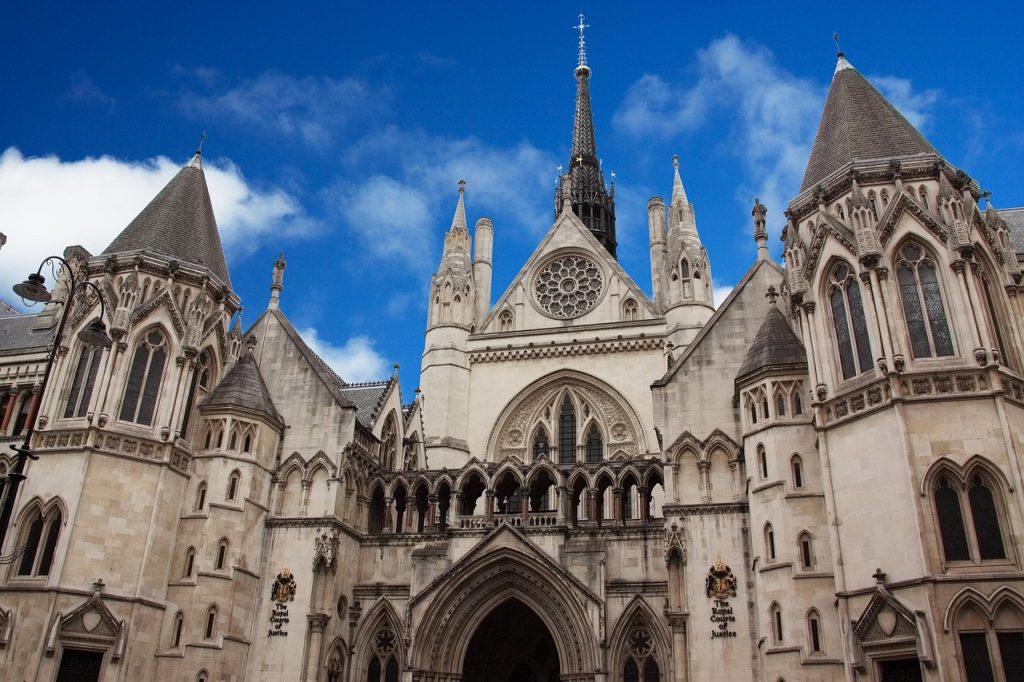The Crown Court handles the most severe criminal cases in England & Wales. A trial is initiated only if the defendant pleads not guilty, as those who plead guilty are sentenced without trial. Below, we summarise the process briefly.
After allocation of your case to the Crown Court
After your case is forwarded to the Crown Court, your solicitor typically engages a barrister to draft the indictment, outlining the charges against you. You’ll receive a copy for review before it’s submitted to the Court.
It’s crucial to gather available dates for witnesses over the next six months to ensure their availability for the plea and trial preparation hearing. Your solicitor will coordinate a meeting with the instructed barrister, and you may be invited to attend. In some cases, if your solicitor lacks higher court advocacy qualifications, a solicitor advocate with equivalent standing to a barrister may need to be instructed for the Crown Court presentation.
Plea and crown court trial preparation hearing
The plea and trial preparation hearing’s objective is to confirm that all necessary preparations have been made and sufficient information is available for scheduling a trial date. If you plead not guilty, the judge will set the trial date, considering witness availability.
Before the hearing, a designated form must be completed and submitted to the court, discussed by all parties involved.
Pre-trial
During the pre-trial phase, your witnesses should be informed of the trial date and court location. Simultaneously, your legal team will compile the trial evidence bundle, to be presented to the court on the first day of the trial.
Crown Court Trial
The trial process typically unfolds as follows:
- Prosecution counsel opens their case.
- Prosecution witnesses testify.
- Defence counsel may open their case.
- Defence witnesses present their testimony.
- Prosecution counsel summarises their case.
- Defence counsel provides their case summary.
- The judge offers a summary to the jury.
- The jury deliberates and returns with a verdict.
If the jury is unable to reach a verdict, discussions may occur about the possibility of a retrial. The prosecution team considers various factors, such as the likelihood of conviction, changes during the trial, and witness willingness to testify again.
Conclusion
The above is an extremely basic outline of events before, during and after trial. If you need more information or are looking to face a court hearing and would like advice, contact our criminal department on 01432 278 179. They are available 7 days a week, 24 hours a day for urgent cases.

